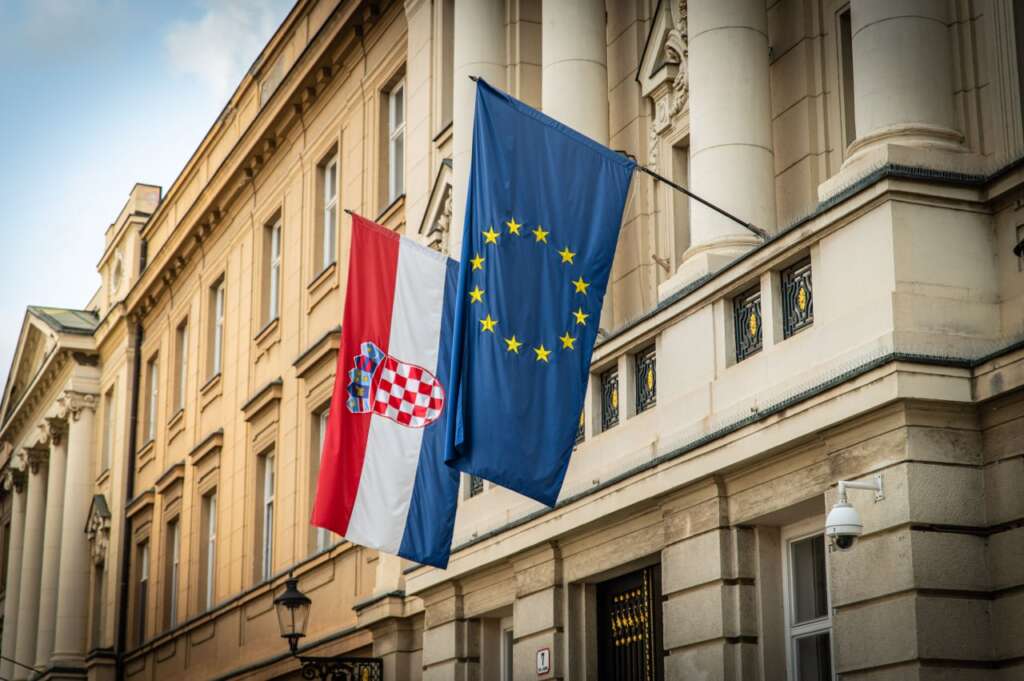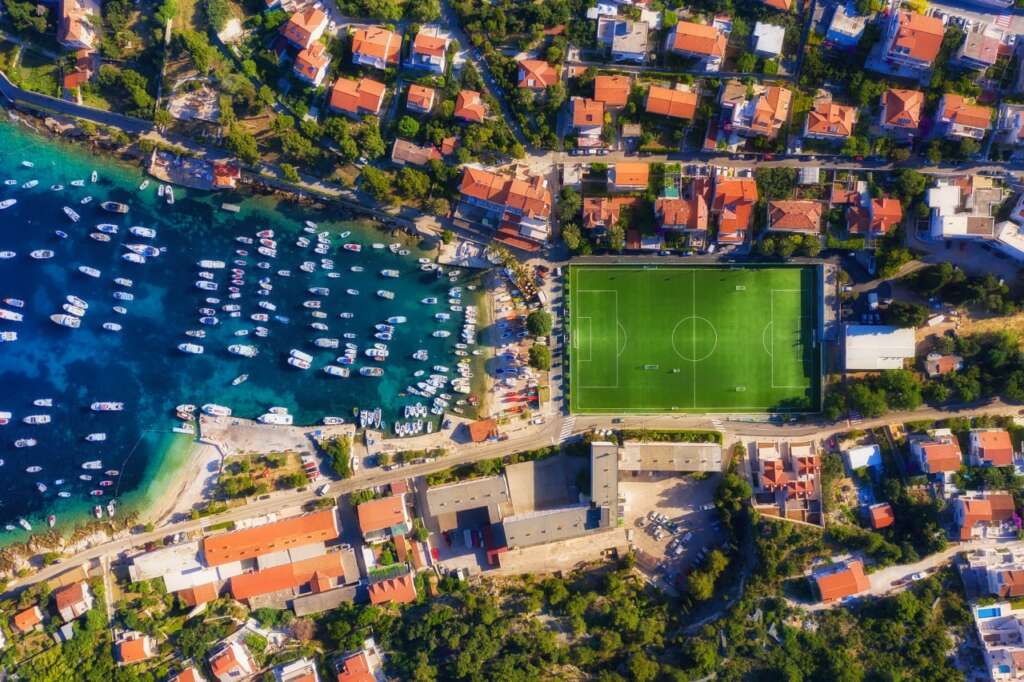Football in Croatia: Passion and Triumph
Football holds a special place in the hearts of Croatians, embodying a rich history and a source of national pride. Initially, football was seen as a backyard pastime and attracted little attention, but it soon swept the country. Now Croatian fans are known all over the world and the players shine on the global football stage.

History of Croatian Football
Football in Croatia emerged in the late 19th and early 20th centuries. The first registered match was played in 1873 in Rijeka, and by the 1900s several football clubs had been established. The popularity of the sport grew, leading to the establishment of the Croatian Football Federation (HNS) in 1912.
During the Yugoslav times, Croatian clubs played in the Yugoslav First League. Clubs such as Hajduk Split and Dinamo Zagreb were a dominant force and contributed significantly to the success of Yugoslav football. The Croatian national team was established in 1940, but it was not until after independence that it began to compete on the international stage.
Most Popular Clubs
Croatia boasts an impressive list of professional football clubs that are renowned all over the world. With their zeal to win and unique methods of play, Croatian clubs stand out from the crowd of European teams:
- Dinamo Zagreb. One of the most successful and popular football clubs in Croatia. Founded in 1945, the club has won numerous domestic league titles and cups. Dinamo is known for its strong youth academy, which has produced several top-tier talents, including Luka Modrić and Mario Mandžukić. The club regularly competes in European competitions, adding to its prestige.
- Hajduk Split. Founded in 1911, it is another storied club in Croatian football. With a passionate fan base known as the “Torcida,” Hajduk has a rich history and a fierce rivalry with Dinamo Zagreb, known as the “Eternal Derby.” The club has won multiple domestic titles and has a strong tradition of developing homegrown talent.
- HNK Rijeka. Established in 1946, it has emerged as a formidable force in Croatian football in recent years. The club has won several domestic cups and league titles, breaking the dominance of Dinamo Zagreb and Hajduk Split.
- NK Osijek. Founded in 1947, is another notable club in Croatian football. Although not as decorated as Dinamo or Hajduk, Osijek has a dedicated fan base and has consistently competed in the top tier of Croatian football. The club has produced several talented players and has a reputation for resilience and determination.
Prominent Figures
 The pupils of the Croatian football school show excellent results on the pitch in both technique and moral qualities. Here are the most famous of them:
The pupils of the Croatian football school show excellent results on the pitch in both technique and moral qualities. Here are the most famous of them:
- Davor Šuker. Arguably the most iconic figure in Croatian football. Born in 1968, Šuker’s illustrious career peaked during the 1998 FIFA World Cup, where he won the Golden Boot as the tournament’s top scorer, leading Croatia to a third-place finish. His clinical finishing and poise under pressure made him a national hero.
- Luka Modrić. Born in 1985, is another legendary figure in Croatian football. A midfield maestro, Modrić has enjoyed a stellar career with clubs like Tottenham Hotspur and Real Madrid, where he won multiple UEFA Champions League titles. In 2018, he captained Croatia to a runner-up finish at the World Cup and won the Ballon d’Or, becoming the first Croatian to do so.
- Zvonimir Boban. Born in 1968, played a crucial role in Croatia’s emergence on the international stage. As captain, Boban led the national team during the 1998 World Cup and was instrumental in their third-place finish. His leadership and vision on the field have left a lasting legacy.
More than a Sport
Football in Croatia is not just a sport, it is a symbol of national pride and identity. Croatian football has a rich history filled with memorable moments and legendary personalities, from the early days to outstanding performances on the international stage. Croatia continues to look to the future with confidence and nurture a new generation of excellent footballers and loyal fans.

